 Atli Resources, a First Nation-owned wood chip plant on Vancouver Island is shutting down after Crofton mill closure—CEO says this is “a necessary pause — not an exit”. In related news: the Natural Resources Forum focused on BC forestry challenges; and more on why Thunder Bay Pulp and Paper is exiting the newsprint business. In Wood Product news: the Softwood Lumber Board continuance referendum is postponed; Canada released its 2025 Model Building Code; Ontario WoodWorks focuses on prefabrication systems; and US homebuilders focus on affordability crisis.
Atli Resources, a First Nation-owned wood chip plant on Vancouver Island is shutting down after Crofton mill closure—CEO says this is “a necessary pause — not an exit”. In related news: the Natural Resources Forum focused on BC forestry challenges; and more on why Thunder Bay Pulp and Paper is exiting the newsprint business. In Wood Product news: the Softwood Lumber Board continuance referendum is postponed; Canada released its 2025 Model Building Code; Ontario WoodWorks focuses on prefabrication systems; and US homebuilders focus on affordability crisis.
In Forestry news: Oregon’s governor picks first woman state forester; Wyoming’s governor signs stewardship agreement with USDA; ENGOs sue Oregon over spotted owl habitat; Rogers Satellite courts Canada’s foresters; and BC’s professional accounting association (CPABC) releases commentary on sustainable forestry reporting.
Finally, Chile’s wildfire emergency follows a pattern seen in wildfires around the world.
Kelly McCloskey, Tree Frog News Editor

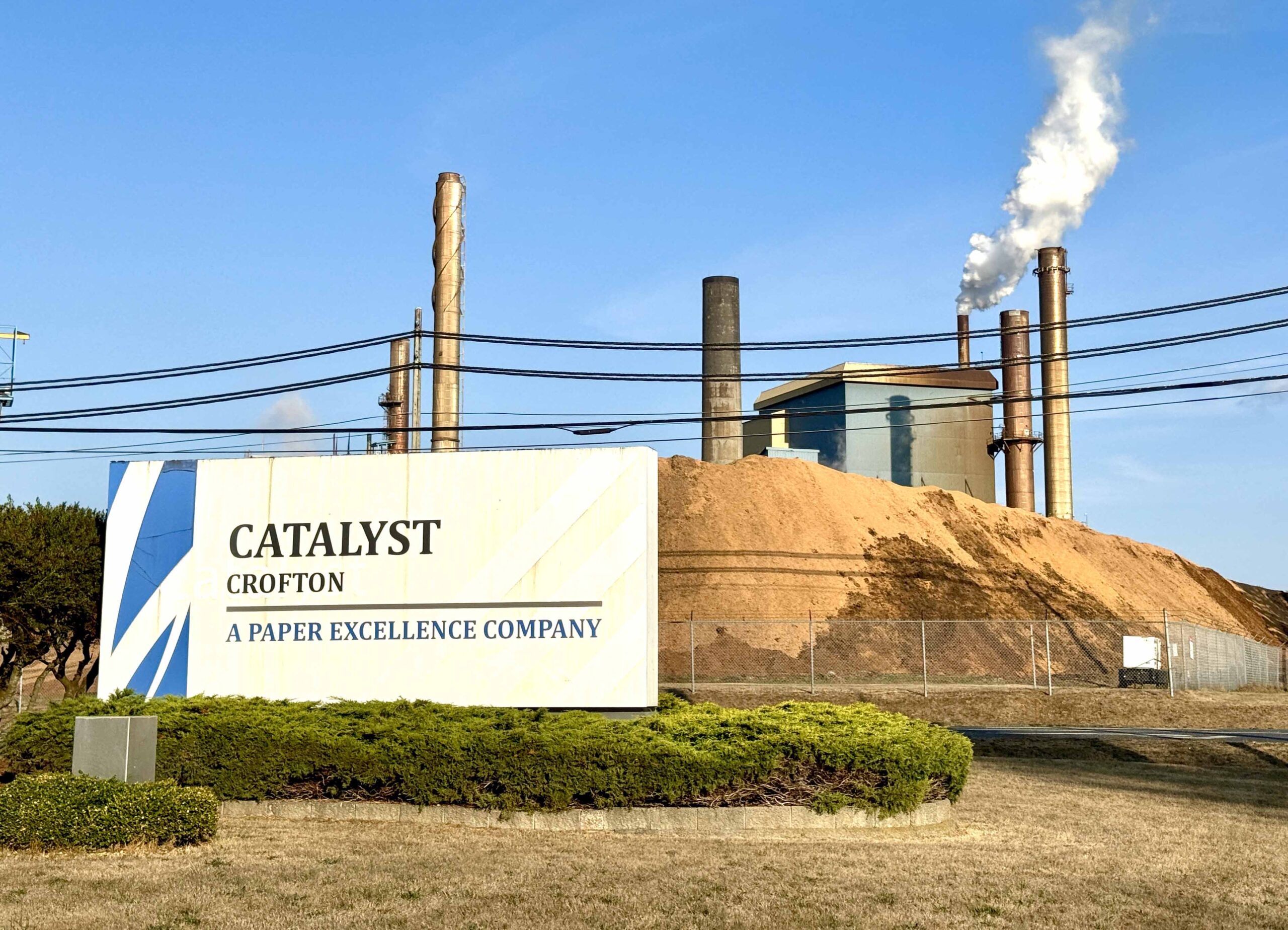 It appears that some investors have been kicking the tires at the soon to be closed Crofton pulp mill. A statement from the Municipality of North Cowichan said Mayor Rob Douglas and senior staff have recently met with several investors interested in potentially acquiring the Crofton mill site for continued forestry-related operations, or alternative industrial uses. “The municipality is facilitating connections between interested parties, Domtar (the mill’s owner), and the provincial government where appropriate, and remains hopeful that any future use of the site will generate employment opportunities and a stable tax base for the community,” the statement said. …North Cowichan provided no further information on who is interested in taking over the mill site.
It appears that some investors have been kicking the tires at the soon to be closed Crofton pulp mill. A statement from the Municipality of North Cowichan said Mayor Rob Douglas and senior staff have recently met with several investors interested in potentially acquiring the Crofton mill site for continued forestry-related operations, or alternative industrial uses. “The municipality is facilitating connections between interested parties, Domtar (the mill’s owner), and the provincial government where appropriate, and remains hopeful that any future use of the site will generate employment opportunities and a stable tax base for the community,” the statement said. …North Cowichan provided no further information on who is interested in taking over the mill site.
 Facing growing backlash over the unintended consequences of its reconciliation policies, the B.C. NDP government has hit pause on controversial changes to the Heritage Conservation Act…Forests Minister Ravi Parmar announced the move Monday, saying he’d “heard loud and clear” that municipalities, business groups, the real estate sector and …the public needed more time to understand the changes. “It was very clear to me that I was not in a position to bring forward amendments this spring,” he said. …It’s the opposite approach to where the NDP started on the file just four months ago, charging forward with the changes so aggressively that their passage—following secret negotiations with First Nations and non-disclosure agreements slapped on everyone else—seemed like a fait accompli. …The NDP say they are in listening mode now, on the Heritage Conservation Act. The question is whether the government truly understands that changes built without public trust are simply no longer viable.
Facing growing backlash over the unintended consequences of its reconciliation policies, the B.C. NDP government has hit pause on controversial changes to the Heritage Conservation Act…Forests Minister Ravi Parmar announced the move Monday, saying he’d “heard loud and clear” that municipalities, business groups, the real estate sector and …the public needed more time to understand the changes. “It was very clear to me that I was not in a position to bring forward amendments this spring,” he said. …It’s the opposite approach to where the NDP started on the file just four months ago, charging forward with the changes so aggressively that their passage—following secret negotiations with First Nations and non-disclosure agreements slapped on everyone else—seemed like a fait accompli. …The NDP say they are in listening mode now, on the Heritage Conservation Act. The question is whether the government truly understands that changes built without public trust are simply no longer viable.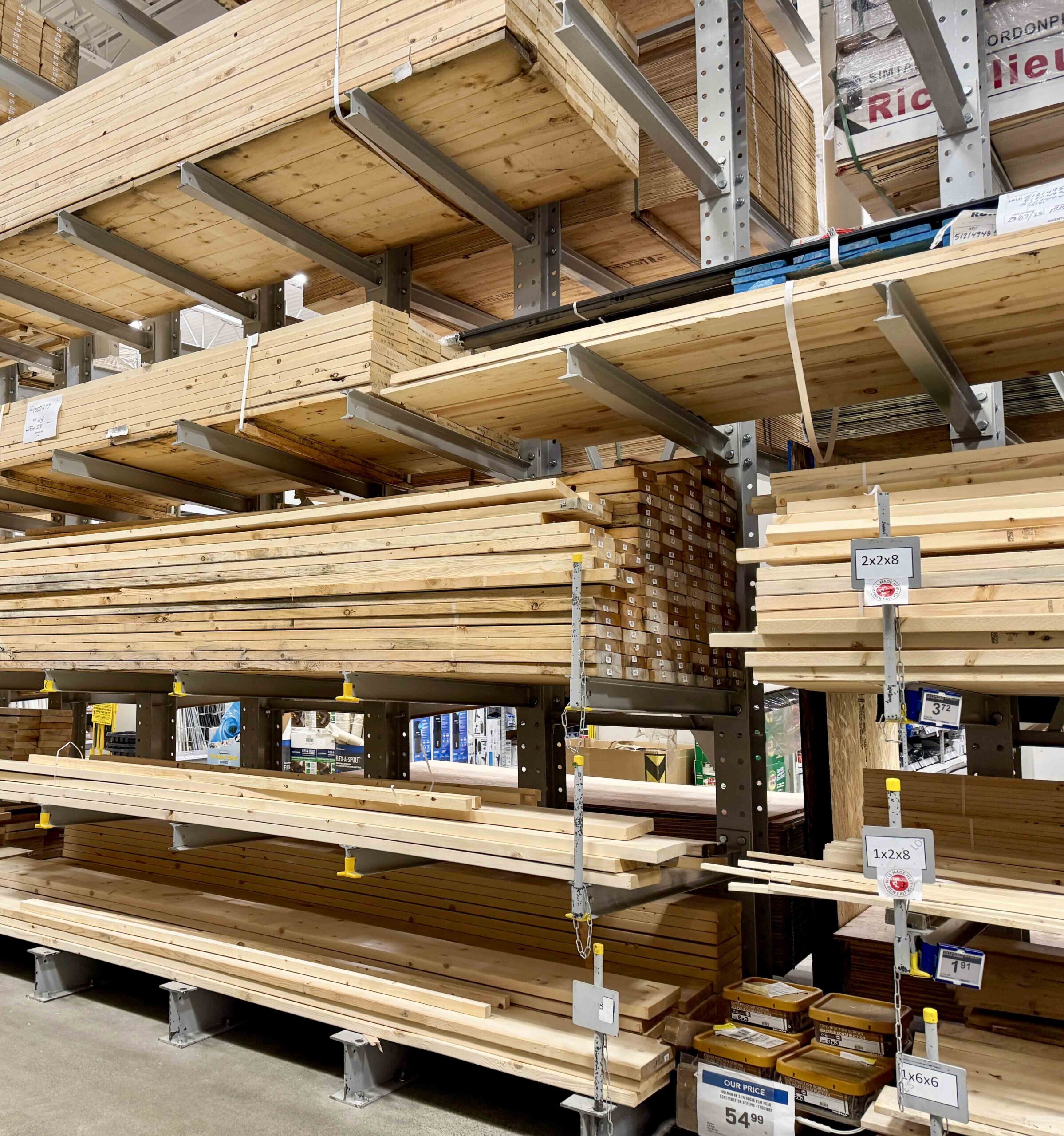 KENORA — Ontario New Democrats and union leaders say government should find ways to keep mills in Ear Falls, Ignace and elsewhere open, but with more worker involvement. “The bottom line is that when things are run on the corporate bottom lines only, communities get left behind, workers lose jobs, profits go out and the problems stay in the community,” said Luke Hildebrand, president of the NDP’s Kenora–Rainy River constituency association. “So the only long-term solution is workers having a stake in the future and not just a paycheque.” Hildebrand noted a petition calling on governments to “take immediate action to reopen the Ear Falls sawmill and stop the shutdown of Ignace sawmill” has gathered about 300 signatures. It also calls for establishment of a “forestry job protection task force,” development of “a unified provincial–federal strategy to ensure that Canadian lumber is used in Canadian homes” and support for worker equity in mills.
KENORA — Ontario New Democrats and union leaders say government should find ways to keep mills in Ear Falls, Ignace and elsewhere open, but with more worker involvement. “The bottom line is that when things are run on the corporate bottom lines only, communities get left behind, workers lose jobs, profits go out and the problems stay in the community,” said Luke Hildebrand, president of the NDP’s Kenora–Rainy River constituency association. “So the only long-term solution is workers having a stake in the future and not just a paycheque.” Hildebrand noted a petition calling on governments to “take immediate action to reopen the Ear Falls sawmill and stop the shutdown of Ignace sawmill” has gathered about 300 signatures. It also calls for establishment of a “forestry job protection task force,” development of “a unified provincial–federal strategy to ensure that Canadian lumber is used in Canadian homes” and support for worker equity in mills.
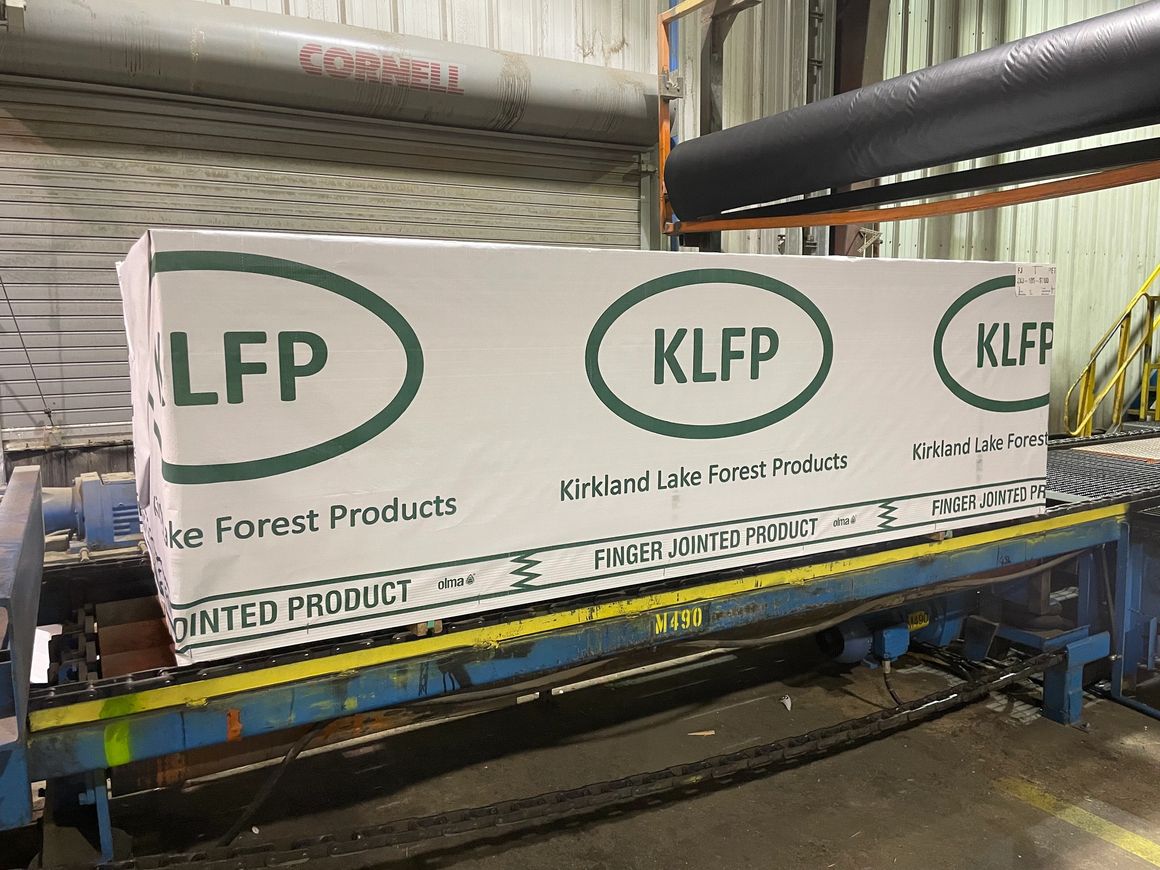



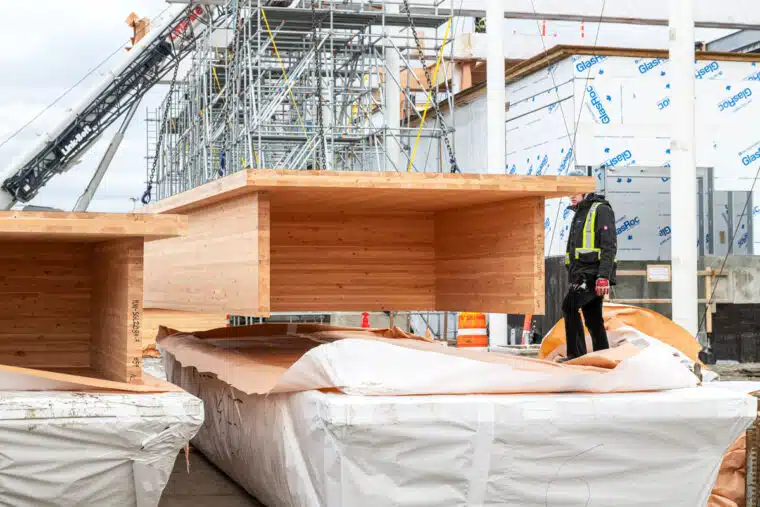


.png)



 TIANJIN, CHINA — The global movement against single-use plastics has triggered a significant transformation in the disposable tableware industry, with wood cutlery emerging as a leading alternative. As regulations tighten and consumer preferences shift toward eco-friendly options, manufacturers of disposable wooden utensils are experiencing unprecedented growth and facing new challenges in scaling production, ensuring sustainability, and meeting diverse international standards. Market analysts observe that regulatory pressure represents the primary driver for this sector’s expansion. The European Union’s Single-Use Plastics Directive, along with similar legislation in Canada, Australia, and numerous U.S. states, has created a substantial and sustained demand for compliant alternatives. Within this regulatory framework, wood, particularly from fast-growing, sustainably managed sources like birch and bamboo, has gained favor for its natural composition, biodegradability, and perceived premium feel compared to other alternatives.
TIANJIN, CHINA — The global movement against single-use plastics has triggered a significant transformation in the disposable tableware industry, with wood cutlery emerging as a leading alternative. As regulations tighten and consumer preferences shift toward eco-friendly options, manufacturers of disposable wooden utensils are experiencing unprecedented growth and facing new challenges in scaling production, ensuring sustainability, and meeting diverse international standards. Market analysts observe that regulatory pressure represents the primary driver for this sector’s expansion. The European Union’s Single-Use Plastics Directive, along with similar legislation in Canada, Australia, and numerous U.S. states, has created a substantial and sustained demand for compliant alternatives. Within this regulatory framework, wood, particularly from fast-growing, sustainably managed sources like birch and bamboo, has gained favor for its natural composition, biodegradability, and perceived premium feel compared to other alternatives.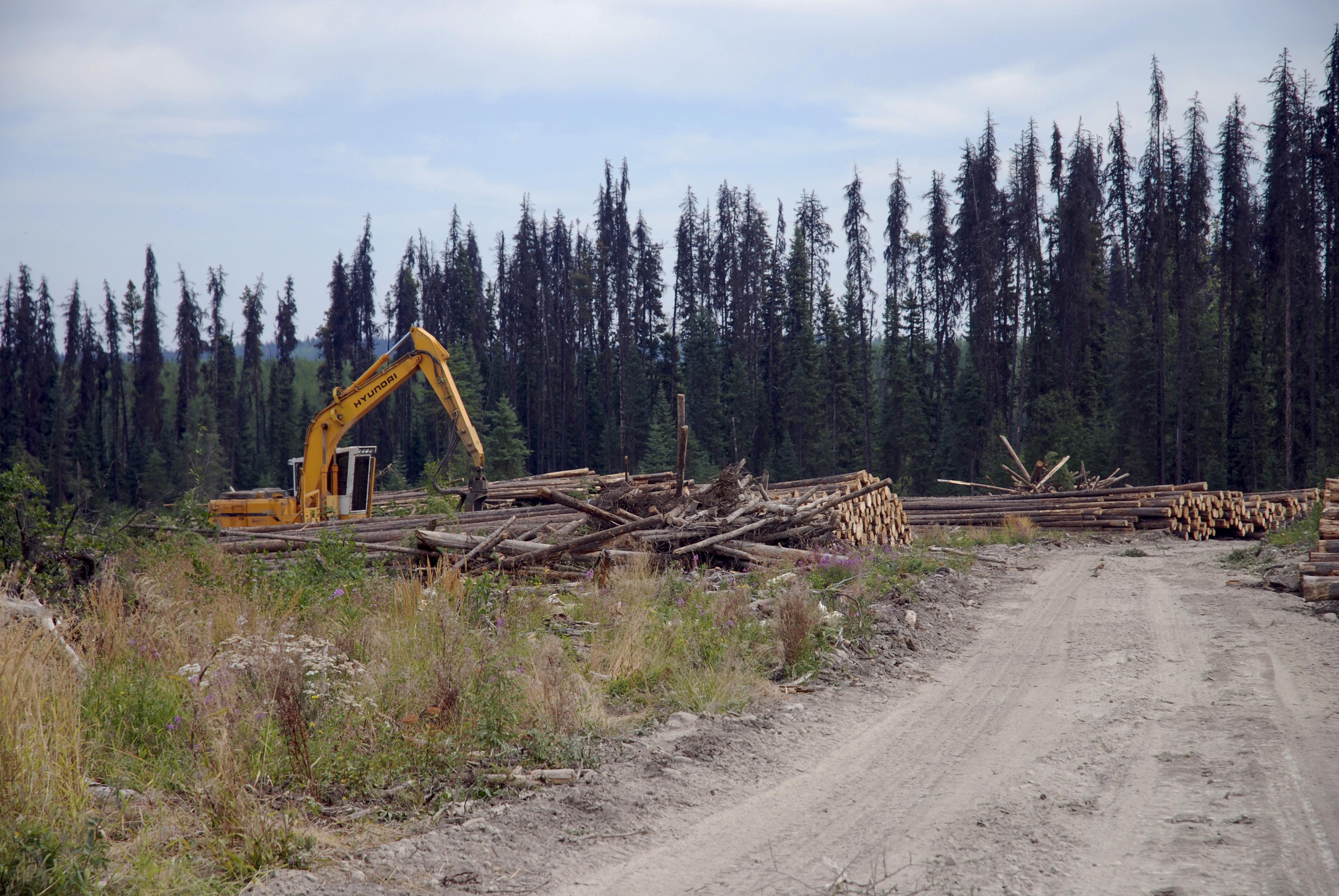 It’s pretty bold to make the theme of this year’s BC Natural Resources Forum “momentum for continued growth.” What growth are we continuing? We’ve lost a bunch more mills here in the north and the industry is on the ropes with Donald Trump’s tariffs. If anything the momentum has been in the opposite direction. The momentum is heading towards catastrophic decline. At least with forestry. And we can’t let that happen. We need the pulp mills in Prince George and we need our forest industry. …We need to rethink what we are doing and find a way to do things better — and cheaper. …One direction we can move in is we start thinning the plantations close to town. …Unfortunately, BC Timber Sales is not committed to this idea. …As far as anyone can tell, they believe thinning will reduce the Annual Allowable Cut.
It’s pretty bold to make the theme of this year’s BC Natural Resources Forum “momentum for continued growth.” What growth are we continuing? We’ve lost a bunch more mills here in the north and the industry is on the ropes with Donald Trump’s tariffs. If anything the momentum has been in the opposite direction. The momentum is heading towards catastrophic decline. At least with forestry. And we can’t let that happen. We need the pulp mills in Prince George and we need our forest industry. …We need to rethink what we are doing and find a way to do things better — and cheaper. …One direction we can move in is we start thinning the plantations close to town. …Unfortunately, BC Timber Sales is not committed to this idea. …As far as anyone can tell, they believe thinning will reduce the Annual Allowable Cut.





 STRATHCONA COUNTY, AB – Project Forest has partnered with Keyera and Strathcona County to establish the Keyera Legacy Forest. This forest restoration initiative is focused on restoring wildfire-impacted land and supporting community biodiversity in Alberta’s industrial Heartland. Located in Strathcona County, northeast of Fort Saskatchewan, the project will restore over 95 acres of ecologically degraded land. Strathcona County will use a Conservation Easement to ensure permanence and create a “green island” within Alberta’s Industrial Heartland. …The Keyera Legacy Forest is a unique example demonstrating how restoration and industry can coexist, delivering long-term community and ecological benefits. This is a rare, once-in-a-lifetime opportunity to responsibly restore designated industrial land. This project represents a voluntary commitment by Keyera to invest in long-term environmental stewardship, guided by values rather than obligation.
STRATHCONA COUNTY, AB – Project Forest has partnered with Keyera and Strathcona County to establish the Keyera Legacy Forest. This forest restoration initiative is focused on restoring wildfire-impacted land and supporting community biodiversity in Alberta’s industrial Heartland. Located in Strathcona County, northeast of Fort Saskatchewan, the project will restore over 95 acres of ecologically degraded land. Strathcona County will use a Conservation Easement to ensure permanence and create a “green island” within Alberta’s Industrial Heartland. …The Keyera Legacy Forest is a unique example demonstrating how restoration and industry can coexist, delivering long-term community and ecological benefits. This is a rare, once-in-a-lifetime opportunity to responsibly restore designated industrial land. This project represents a voluntary commitment by Keyera to invest in long-term environmental stewardship, guided by values rather than obligation.
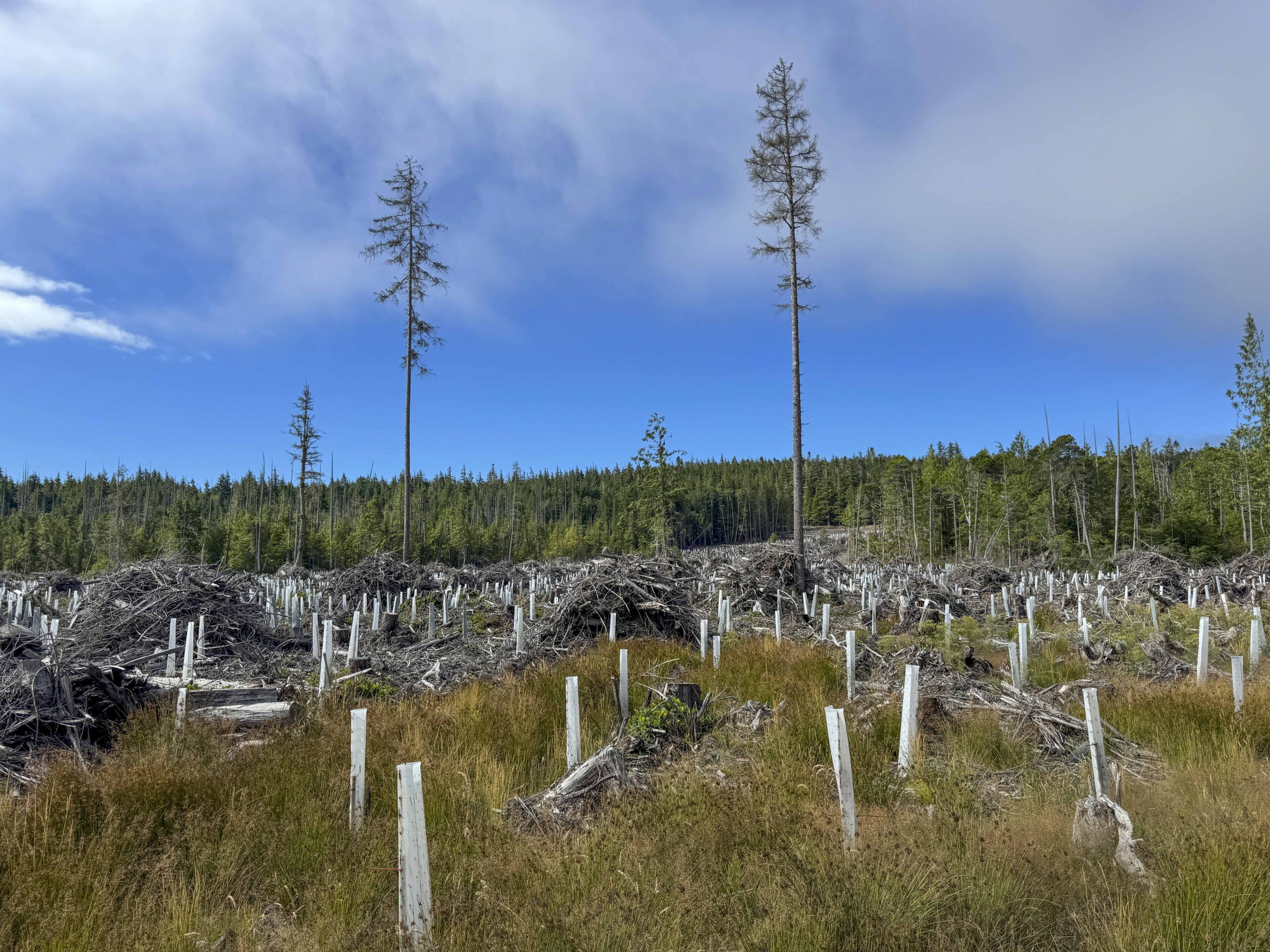 U.S. forests have stored more carbon in the past two decades than at any time in the last century, an increase attributable to a mix of natural factors and human activity. To unravel the cause behind this spike, researchers used nationwide forest data to examine how six environmental factors may have contributed to the increase in carbon sequestered by forests. They found that natural forces such as increasing temperatures, shifting precipitation, and carbon fertilization are among the largest contributors to carbon gains, but human drivers, like letting forests get older and planting trees, are also becoming bigger factors. …this new analysis aims to help researchers better separate what portion of carbon held by forests is related to human action and which portion isn’t. …This work highlights the vast difference in the amount of carbon forests can absorb naturally versus when they are actively managed.
U.S. forests have stored more carbon in the past two decades than at any time in the last century, an increase attributable to a mix of natural factors and human activity. To unravel the cause behind this spike, researchers used nationwide forest data to examine how six environmental factors may have contributed to the increase in carbon sequestered by forests. They found that natural forces such as increasing temperatures, shifting precipitation, and carbon fertilization are among the largest contributors to carbon gains, but human drivers, like letting forests get older and planting trees, are also becoming bigger factors. …this new analysis aims to help researchers better separate what portion of carbon held by forests is related to human action and which portion isn’t. …This work highlights the vast difference in the amount of carbon forests can absorb naturally versus when they are actively managed. 

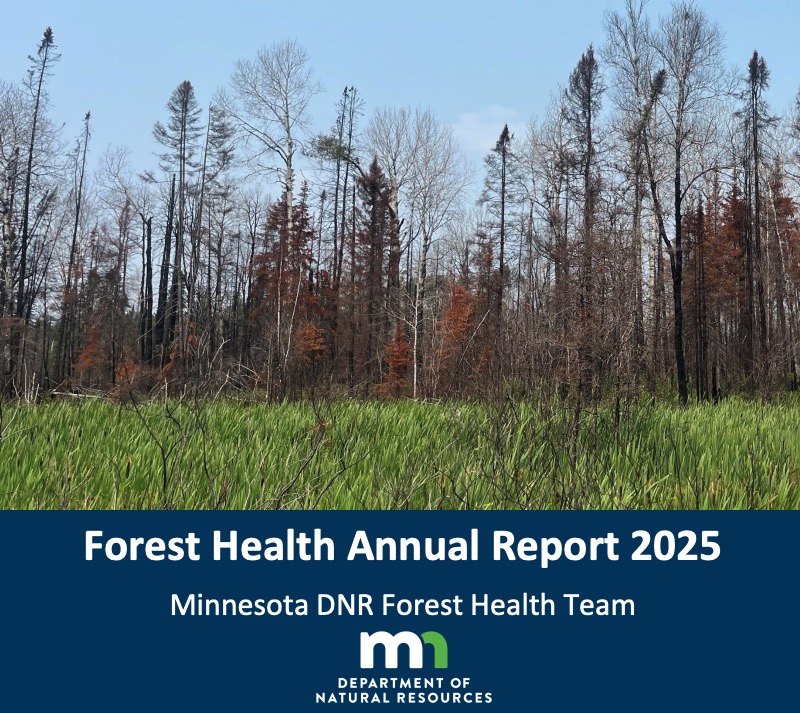 The Minnesota Department of Natural Resources aerially surveyed more than 13.5 million acres last year, checking for forest damage across the state’s forestland. Its findings are included in the recently released 2025 Forest Health Annual Report. Brian Schwingle, forest health program coordinator, said the annual survey and report is important because it tracks trends and reveals what is impacting trees, allowing the managers to make decisions for healthier, more resilient forests. “The two biggest tree health stories in 2025 in Minnesota were the derecho, the big blowdown in Bemidji, and the three big wildfires in northeast Minnesota in May,” he said, noting prior spruce budworm damage helped fuel the fires. In July, a derecho damaged 11,600 acres in and around Bemidji. Derecho, a Spanish word for straight, is a widespread, straight-line windstorm associated with a band of fast-moving thunderstorms. They can leave serious damage in their wake.
The Minnesota Department of Natural Resources aerially surveyed more than 13.5 million acres last year, checking for forest damage across the state’s forestland. Its findings are included in the recently released 2025 Forest Health Annual Report. Brian Schwingle, forest health program coordinator, said the annual survey and report is important because it tracks trends and reveals what is impacting trees, allowing the managers to make decisions for healthier, more resilient forests. “The two biggest tree health stories in 2025 in Minnesota were the derecho, the big blowdown in Bemidji, and the three big wildfires in northeast Minnesota in May,” he said, noting prior spruce budworm damage helped fuel the fires. In July, a derecho damaged 11,600 acres in and around Bemidji. Derecho, a Spanish word for straight, is a widespread, straight-line windstorm associated with a band of fast-moving thunderstorms. They can leave serious damage in their wake. Mexico’s National Forestry Commission has issued the 2026 Rules of Operation for its Sustainable Forestry Development for Wellbeing Program, establishing requirements to access federal funding. The rules guidelines governing the allocation of public resources to strengthen sustainable forest development across Mexico. The program is structured around six support components: community forest management and sustainable value chains; commercial and agroforestry plantations; forest restoration; environmental services; forest protection; and capacity building and local development. Through these components, financial support will be provided to ejidos, Indigenous and Afro-Mexican communities, women-led forestry enterprises, and landowners of forested and preferentially forested land. Eligible projects include sustainable forest management, forest and agroforestry plantations, ecosystem restoration, conservation of environmental services, and protection against wildfires, pests, and diseases. Support also covers training and research activities, with a cross-cutting gender approach designed to strengthen women’s participation—particularly Indigenous and Afro-Mexican women—in decision-making and forestry value chains.
Mexico’s National Forestry Commission has issued the 2026 Rules of Operation for its Sustainable Forestry Development for Wellbeing Program, establishing requirements to access federal funding. The rules guidelines governing the allocation of public resources to strengthen sustainable forest development across Mexico. The program is structured around six support components: community forest management and sustainable value chains; commercial and agroforestry plantations; forest restoration; environmental services; forest protection; and capacity building and local development. Through these components, financial support will be provided to ejidos, Indigenous and Afro-Mexican communities, women-led forestry enterprises, and landowners of forested and preferentially forested land. Eligible projects include sustainable forest management, forest and agroforestry plantations, ecosystem restoration, conservation of environmental services, and protection against wildfires, pests, and diseases. Support also covers training and research activities, with a cross-cutting gender approach designed to strengthen women’s participation—particularly Indigenous and Afro-Mexican women—in decision-making and forestry value chains.

 A new study has shown for the first time that waste cardboard can be used as an effective source of biomass fuel for large-scale power generation, offering a potential new domestic resource to support the UK’s renewable energy sector. Engineers from the University of Nottingham have carried out the first comprehensive characterisation of cardboard as a fuel source and developed a new method to assess its composition. The research … provides a practical tool for evaluating different grades of cardboard for use in energy production. The study found that cardboard displays distinct physical and chemical properties compared with traditional biomass fuels. These include lower carbon content, a reduced heating value and a high level of calcium carbonate fillers, particularly in printed grades. Calcium carbonate is commonly added to cardboard to improve stiffness and optical qualities, but during combustion it forms ash that can reduce boiler performance.
A new study has shown for the first time that waste cardboard can be used as an effective source of biomass fuel for large-scale power generation, offering a potential new domestic resource to support the UK’s renewable energy sector. Engineers from the University of Nottingham have carried out the first comprehensive characterisation of cardboard as a fuel source and developed a new method to assess its composition. The research … provides a practical tool for evaluating different grades of cardboard for use in energy production. The study found that cardboard displays distinct physical and chemical properties compared with traditional biomass fuels. These include lower carbon content, a reduced heating value and a high level of calcium carbonate fillers, particularly in printed grades. Calcium carbonate is commonly added to cardboard to improve stiffness and optical qualities, but during combustion it forms ash that can reduce boiler performance. The Winter 2025 issue of WorkSafe Magazine is now available, featuring practical guidance and real-world examples to help employers and workers build safer, healthier workplaces. Learn how retailers are preventing common musculoskeletal injuries (MSIs) through smarter layouts, ergonomic tools, and proactive training. Go behind the scenes of WorkSafeBC’s Student Safety Video Contest and discover what makes a safety message resonate. Get expert tips on assessing and supporting crane operators to improve safety, skills. See how early communication and collaborative return-to-work planning help injured workers recover while staying connected to the workplace. And don’t miss the Western Conference on Safety 2025 — Vancouver, April 20 & 21
The Winter 2025 issue of WorkSafe Magazine is now available, featuring practical guidance and real-world examples to help employers and workers build safer, healthier workplaces. Learn how retailers are preventing common musculoskeletal injuries (MSIs) through smarter layouts, ergonomic tools, and proactive training. Go behind the scenes of WorkSafeBC’s Student Safety Video Contest and discover what makes a safety message resonate. Get expert tips on assessing and supporting crane operators to improve safety, skills. See how early communication and collaborative return-to-work planning help injured workers recover while staying connected to the workplace. And don’t miss the Western Conference on Safety 2025 — Vancouver, April 20 & 21